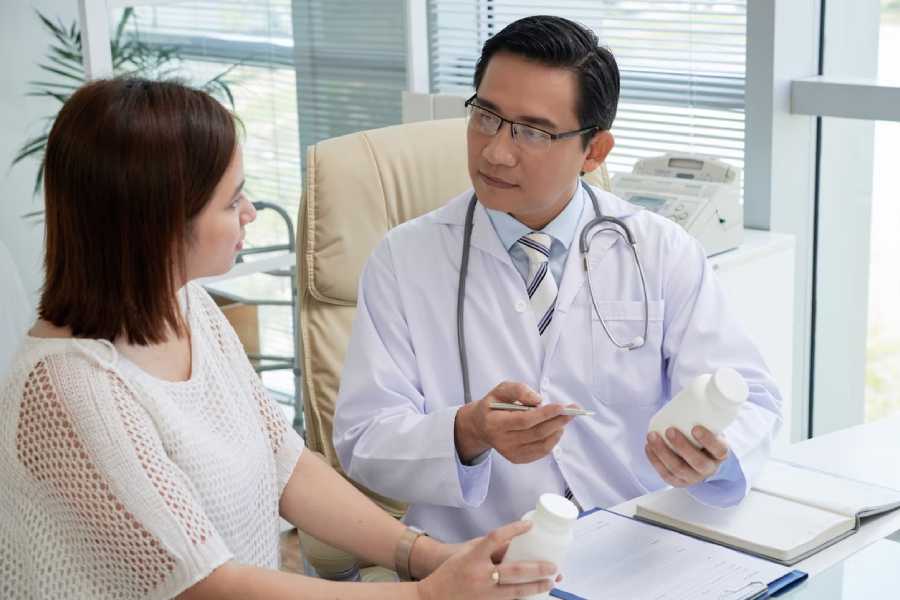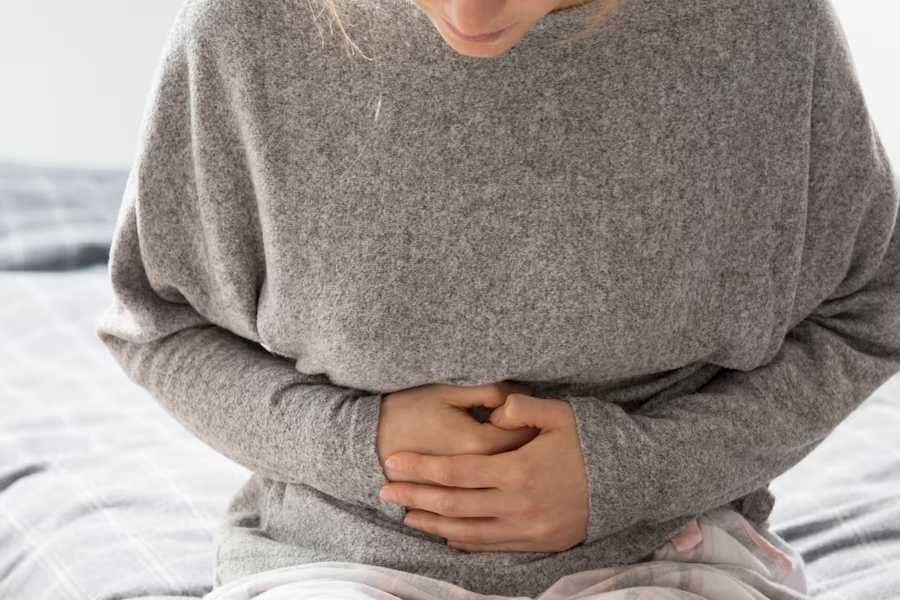Hemorrhoids are a common problem that many people face. These painful, swollen veins in the rectum or anus can cause discomfort, pain, and even bleeding. However, there are simple and effective ways to prevent hemorrhoids from occurring, and Dr. Jasdeep Sidana has some expert tips to share. In this blog, we’ll discuss five ways to prevent hemorrhoids, according to Dr. Jasdeep Sidana.
1. Increase Fiber Intake
According to Dr. Jasdeep Sidana, one of the most important things you can do to prevent hemorrhoids is to increase your fiber intake. Fiber helps to soften stool, making it easier to pass, and prevents constipation, which is a leading cause of hemorrhoids.
There are many foods that are high in fiber, including fruits, vegetables, whole grains, and legumes. Dr. Jasdeep Sidana recommends consuming at least 25-30 grams of fiber per day. Some good sources of fiber include:
- Berries, such as raspberries, blackberries, and strawberries
- Cruciferous vegetables, such as broccoli, Brussels sprouts, and cauliflower
- Whole grains, such as oats, barley, and quinoa
- Legumes, such as lentils, chickpeas, and black beans
If you’re having trouble incorporating enough fiber into your diet, Dr. Jasdeep Sidana recommends starting slowly and gradually increasing your intake over time. You can also consider taking a fiber supplement, but make sure to drink plenty of water with it.
2. Stay Hydrated
Another key aspect of preventing hemorrhoids is staying hydrated, as dehydration can lead to constipation. “Drinking enough water can help to soften stool and make it easier to pass,” Dr. Jasdeep Sidana emphasizes. He recommends drinking at least 8-10 glasses of water per day and incorporating other hydrating fluids into your diet such as herbal tea or coconut water.
However, he notes to be mindful of consuming too much caffeine or alcohol, as they can lead to dehydration.
3. Exercise Regularly
Regular exercise is important for many aspects of health, including preventing hemorrhoids. “Regular exercise helps to improve circulation and prevent constipation, both of which can contribute to hemorrhoids,” he notes. He recommends at least 30 minutes of moderate exercise per day, such as walking, cycling, or swimming. If you’re new to exercise, start slowly and gradually increase your activity level over time.
4. Avoid Straining
Straining during bowel movements is a major contributor to hemorrhoids, according to Dr. Jasdeep Sidana. To prevent straining, it’s important to make sure that you’re properly hydrated, consuming enough fiber, and exercising regularly.
Dr. Jasdeep Sidana emphasizes the importance of avoiding excessive straining during bowel movements. Rushing or pushing too hard can create unnecessary pressure on the veins in the rectum and anus. If you experience difficulty passing stool, Dr. Sidana recommends taking a break and returning when you’re feeling more relaxed.
5. Take Breaks from Sitting
Prolonged sitting can also contribute to hemorrhoids, according to Dr. Jasdeep Sidana. When you sit for long periods of time, it puts pressure on the veins in your rectum and anus, which can lead to hemorrhoids.
To prevent this, Dr. Jasdeep Sidana recommends taking breaks from sitting throughout the day. Get up and stretch or take a short walk every hour or so. If you have a desk job, consider using a standing desk or taking breaks to stand and stretch.
6. Maintain Proper Posture
Maintaining proper posture while sitting is also important for preventing hemorrhoids, according to Dr. Jasdeep Sidana. Sitting with your back straight and your feet flat on the ground can help to reduce the pressure on your rectum and anus.
To prevent hemorrhoids, Dr. Jasdeep Sidana suggests maintaining proper posture while sitting. This involves using a chair with adequate back support and keeping your hips and knees at a 90-degree angle. If you work with a computer, he advises ensuring that your monitor is at eye level to prevent slouching.
Symptoms of Hemorrhoids: When to See a Doctor

Hemorrhoids are a common condition that can cause discomfort and pain in the rectal area. While they are usually not serious, it’s important to recognize the symptoms and seek medical attention if necessary. Here are some common symptoms of hemorrhoids:
- Pain or discomfort in the rectal area
- Itching or irritation around the anus
- Swelling or lumps around the anus
- Bleeding during bowel movements
- Mucus or stool leakage
- A feeling of incomplete bowel movements
Dr. Jasdeep Sidana advises seeking medical attention from a qualified healthcare provider if you experience any symptoms of hemorrhoids. While mild cases can often be managed with over-the-counter remedies, such as creams or suppositories, more severe cases may require medical intervention.
In addition, Dr. Sidana emphasizes the importance of regular colon cancer screenings, particularly for individuals over the age of 50 or those with a family history of colon cancer. By scheduling regular screenings with your healthcare provider, you can take a proactive approach to your health and ensure that any potential issues are detected and treated early.
Conclusion
By following the expert advice of Dr. Jasdeep Sidana and incorporating these simple tips into your daily routine, you can significantly reduce your risk of developing hemorrhoids and improve your digestive health. Being proactive in taking care of your health is key, and making healthy choices a part of your daily routine can promote overall health and well-being.


